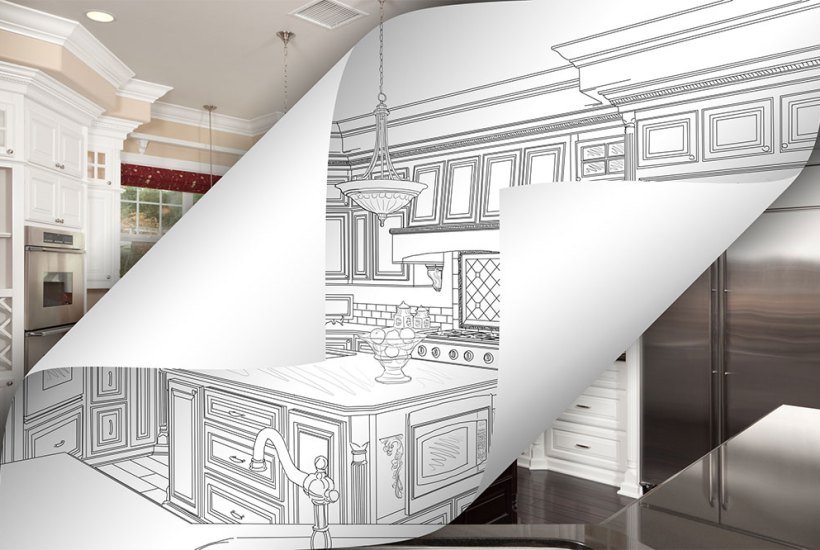Writing a few weeks ago in The Spectator, Toby Young slightly begrudged his wife’s decision to install a new kitchen in the Acton home they have shared for 15 years. As Toby explained, the original kitchen ‘had been done to quite a high standard in the style known as “Victoriana”, which meant William Morris wallpaper, antique-glass light shades and a small, dimly lit kitchen… This was the height of fashion in the late 1980s and will probably be bang-on trend again when we put the house back on the market in ten years’ time.
Already a subscriber? Log in
Subscribe for just $2 a week
Try a month of The Spectator Australia absolutely free and without commitment. Not only that but – if you choose to continue – you’ll pay just $2 a week for your first year.
- Unlimited access to spectator.com.au and app
- The weekly edition on the Spectator Australia app
- Spectator podcasts and newsletters
- Full access to spectator.co.uk
Unlock this article
You might disagree with half of it, but you’ll enjoy reading all of it. Try your first month for free, then just $2 a week for the remainder of your first year.









Comments
Don't miss out
Join the conversation with other Spectator Australia readers. Subscribe to leave a comment.
SUBSCRIBEAlready a subscriber? Log in